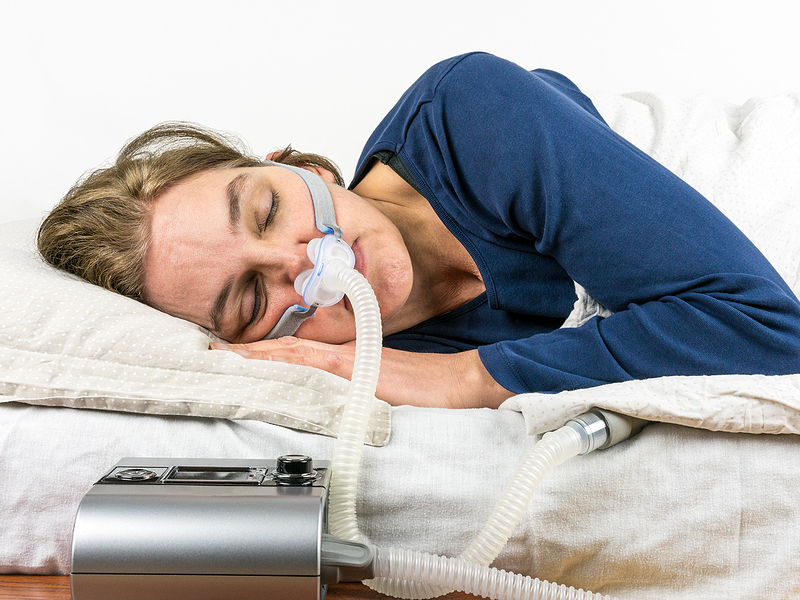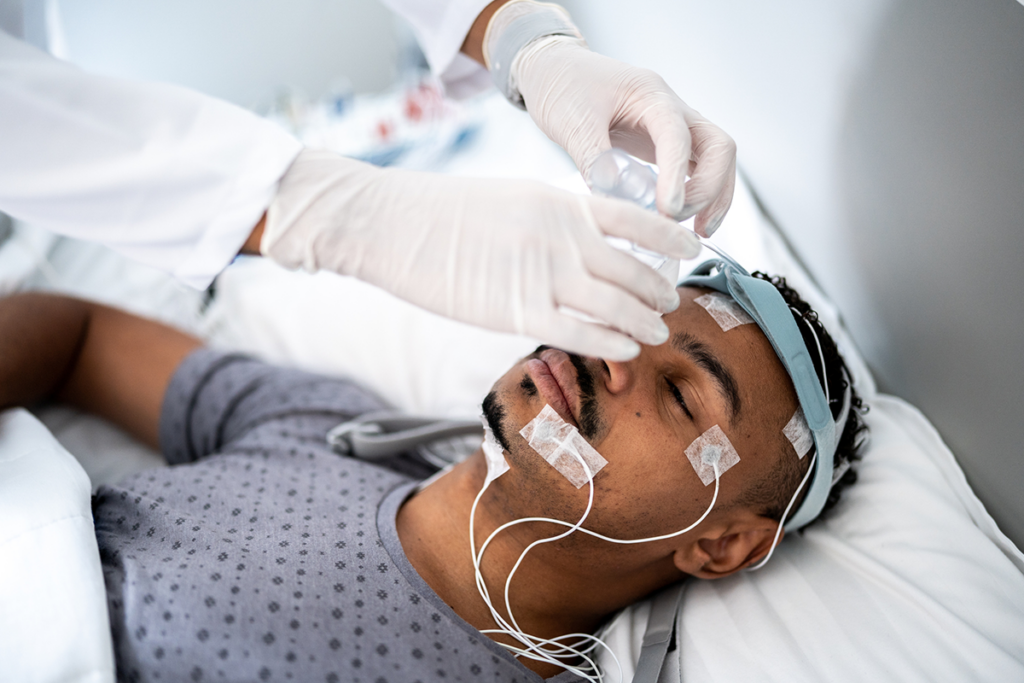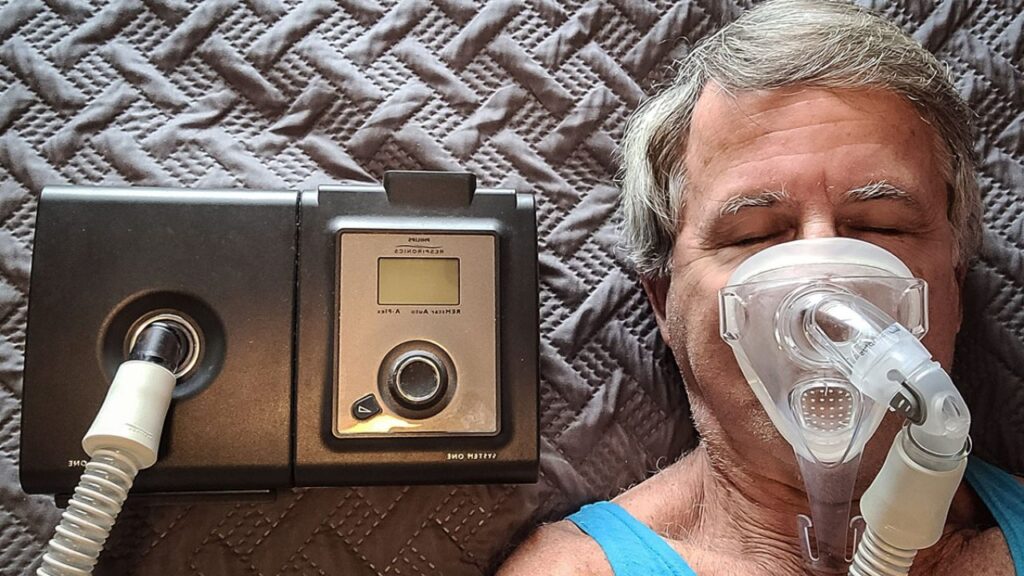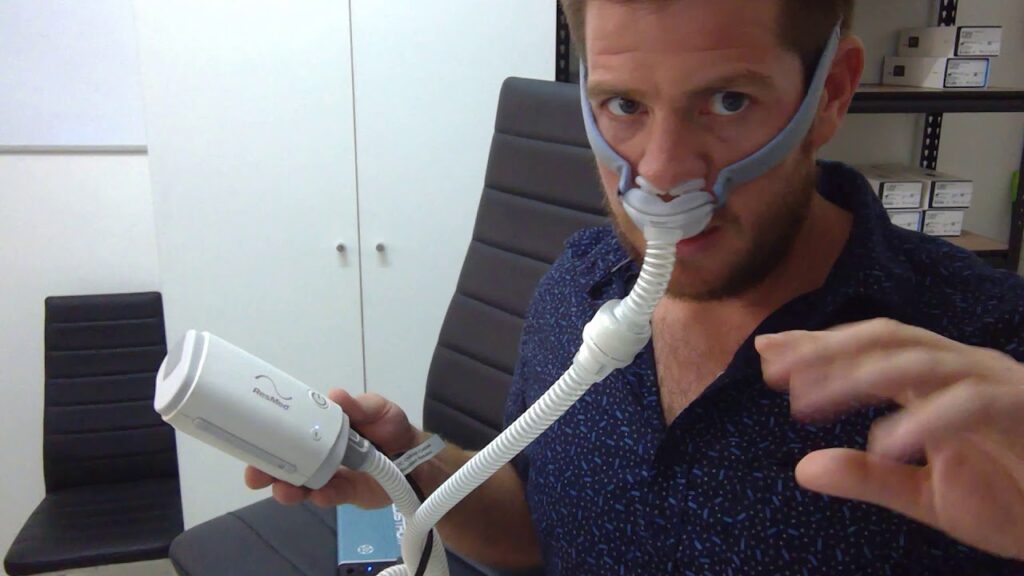Sleep disorders are a common problem that affects millions of people worldwide. From sleep apnea to insomnia, these conditions can significantly impact one’s overall quality of life, leading to daytime sleepiness, fatigue, and a host of other health issues. Fortunately, advancements in medical technology have paved the way for effective treatment options, such as CPAP therapy.
Understanding Sleep Disorders and the Need for CPAP Therapy
Before delving into the benefits of cpap sleep study, it is essential to understand the science behind sleep disorders and why they require treatment. Sleep disorders encompass a wide range of conditions that can disrupt normal sleeping patterns and prevent individuals from getting the restorative sleep they need to function optimally.
When it comes to sleep disorders, there is a fascinating interplay between genetics, lifestyle factors, and underlying medical conditions. These factors can contribute to the development of conditions such as obstructive sleep apnea (OSA), narcolepsy, and restless leg syndrome (RLS), which are among the most prevalent sleep disorders that significantly impact an individual’s sleep quality.
Obstructive sleep apnea, in particular, is a condition that deserves special attention. It occurs when the airway becomes partially or fully blocked during sleep, causing repeated pauses in breathing. This interruption in breathing can be extremely disruptive, preventing individuals from reaching the deep, restorative stages of sleep.
The Science Behind Obstructive Sleep Apnea
Understanding the science behind obstructive sleep apnea can shed light on the importance of effective treatment options like CPAP therapy. During sleep, the muscles in the throat and tongue naturally relax. However, in individuals with obstructive sleep apnea, these muscles relax to the point where they collapse, obstructing the airway. This blockage can last for a few seconds or even minutes, leading to a decrease in oxygen levels and an increase in carbon dioxide levels in the blood.
As a result, the brain senses the drop in oxygen and signals the body to wake up briefly, often with a loud snort or gasp, to reopen the airway. These interruptions in breathing can occur hundreds of times throughout the night, severely disrupting the sleep cycle and preventing individuals from experiencing the deep, restorative sleep they need. Learn more about oxygen visit at https://scied.ucar.edu/learning-zone/air-quality/oxygen.

Role of CPAP Therapy in Sleep Disorder Treatment
CPAP (Continuous Positive Airway Pressure) therapy has emerged as a highly effective treatment option for sleep disorders, primarily obstructive sleep apnea. This therapy involves the use of a CPAP machine, which delivers a continuous flow of pressurized air to the airway, preventing it from collapsing during sleep and ensuring proper breathing throughout the night.
By maintaining an open airway, CPAP therapy helps individuals with sleep disorders experience uninterrupted breathing, leading to improved sleep quality and a reduction in symptoms associated with their specific sleep disorder. The pressurized air acts as a splint, keeping the airway open and allowing individuals to breathe freely without any obstructions.
Moreover, CPAP therapy not only improves sleep quality but also has a positive impact on overall health. By ensuring adequate oxygen levels during sleep, CPAP therapy can reduce the risk of cardiovascular problems, improve daytime alertness, and enhance cognitive function.
It is important to note that CPAP therapy is not a one-size-fits-all solution. Each individual’s treatment plan may vary based on their specific sleep disorder and unique needs. Therefore, it is crucial to consult with a healthcare professional to determine the most suitable therapy and settings for optimal results.
The Fundamentals of a CPAP Sleep Study
When it comes to assessing sleep patterns and formulating an effective treatment plan, CPAP sleep studies play a crucial role. These studies provide valuable insights into an individual’s sleep patterns and how they are affected by their sleep disorder. Let’s delve deeper into what a CPAP sleep study entails.
What is a CPAP Sleep Study?
A CPAP sleep study, also known as a polysomnography, is a comprehensive evaluation of an individual’s sleep patterns while using CPAP therapy. This study is typically conducted in a sleep clinic, where the individual spends a night being monitored by specialized equipment that captures various sleep-related data.
The primary purpose of a CPAP sleep study is to determine the effectiveness of CPAP therapy in treating sleep disorders and ensure that the prescribed pressure settings are optimal for the individual.
The Process of a CPAP Sleep Study
During a CPAP sleep study, individuals are fitted with sensors and electrodes that monitor their brain waves, eye movements, heart rate, and oxygen levels while they sleep. Additionally, respiratory sensors are used to track breathing patterns, nasal airflow, and chest movements.
Throughout the night, the collected data is analyzed by sleep specialists, who examine the sleep architecture, identify any breathing abnormalities, and assess compliance with CPAP therapy. This comprehensive evaluation helps determine the efficacy of the therapy and guides any necessary adjustments in treatment.
Moreover, the CPAP sleep study also allows for the assessment of other sleep-related factors that may contribute to the individual’s sleep disorder. For example, the study can reveal if the person experiences frequent awakenings during the night or if they have abnormal sleep stages, such as excessive REM sleep or insufficient deep sleep.
Furthermore, the study can provide valuable information about the individual’s sleep position preferences and any potential positional obstructive sleep apnea. This knowledge can be crucial in determining the most suitable treatment approach, such as recommending positional therapy devices or suggesting changes in sleeping positions.
Additionally, the CPAP sleep study can help identify any underlying medical conditions that may be impacting the individual’s sleep. For instance, it can detect signs of cardiac arrhythmias or other cardiovascular abnormalities that may require further medical attention.
In conclusion, a CPAP sleep study is a comprehensive evaluation that goes beyond assessing the effectiveness of CPAP therapy. It provides valuable insights into an individual’s sleep patterns, breathing abnormalities, sleep stages, and potential underlying medical conditions. This detailed analysis allows sleep specialists to tailor the treatment plan to the individual’s specific needs, ensuring optimal outcomes and improved quality of sleep.
Interpreting CPAP Sleep Study Results
After a CPAP sleep study is completed, the resulting data needs to be interpreted accurately to guide appropriate treatment decisions. Understanding sleep data and its implications is vital for both healthcare professionals and patients alike.
Understanding Sleep Data
Sleep data collected during a CPAP sleep study provides valuable insights into an individual’s sleep architecture and the impact of their sleep disorder on overall sleep quality. Key parameters, such as the number of apneas and hypopneas, oxygen saturation levels, and sleep staging, are analyzed to evaluate the effectiveness of CPAP therapy. Learn more about oxygen saturation levels click here.
By examining these sleep metrics, healthcare professionals can assess whether the prescribed pressure settings are adequately addressing the individual’s sleep apnea or other sleep disorders.
Furthermore, the analysis of sleep data may reveal patterns that could indicate comorbid conditions such as insomnia or restless leg syndrome, which can impact the overall quality of sleep and the effectiveness of CPAP therapy. Identifying these additional factors is crucial for developing a comprehensive treatment plan tailored to the individual’s specific needs.

How CPAP Therapy Affects Sleep Patterns
One of the primary objectives of a CPAP sleep study is to evaluate how the individual’s sleep patterns are influenced by the implementation of CPAP therapy. Through continuous monitoring, healthcare professionals can observe changes in sleep architecture and identify any improvements resulting from the therapy.
CPAP therapy aims to promote uninterrupted breathing by maintaining an open airway. As a result, individuals may experience a reduction in sleep disturbances, snoring, and daytime sleepiness, leading to an overall improvement in sleep quality.
Moreover, the data collected before and after CPAP therapy can provide valuable insights into the effectiveness of the treatment over time. By comparing sleep metrics from multiple sleep studies, healthcare professionals can track progress, adjust treatment plans as needed, and ensure optimal management of the individual’s sleep disorder.
Benefits of CPAP Therapy for Sleep Disorders
CPAP therapy offers numerous benefits for individuals suffering from sleep disorders. From improving sleep quality to alleviating associated health issues, this treatment option has been proven to enhance overall well-being.
Individuals who undergo CPAP therapy not only experience improvements in their sleep quality but also benefit from a range of other positive outcomes. By establishing a consistent and effective breathing pattern during sleep, CPAP therapy helps in regulating oxygen levels in the body, which in turn can have a positive impact on various bodily functions.
Improving Sleep Quality with CPAP Therapy
One of the most significant advantages of CPAP therapy is its ability to enhance sleep quality. By ensuring uninterrupted breathing throughout the night, individuals can experience more restorative sleep, waking up feeling refreshed and energized.
Research has shown that consistent use of CPAP therapy leads to improvements in daytime functioning, mood, and cognitive performance, allowing individuals to regain control of their lives and enjoy a better quality of life.
Moreover, by promoting better sleep quality, CPAP therapy can also contribute to enhanced immune function. Quality sleep is essential for a well-functioning immune system, as it allows the body to repair and regenerate cells, ultimately strengthening its ability to fight off infections and illnesses.
Long-Term Health Benefits of CPAP Therapy
CPAP therapy not only improves sleep quality but also addresses the underlying health issues associated with sleep disorders. Untreated sleep apnea, for example, has been linked to an increased risk of cardiovascular diseases, high blood pressure, and diabetes.
By effectively treating sleep disorders with CPAP therapy, individuals can significantly reduce their risk of developing these comorbidities, leading to better overall health in the long term.
Furthermore, the benefits of CPAP therapy extend beyond physical health. Improved sleep quality and the resulting increase in energy levels can also have a positive impact on mental health and emotional well-being. Individuals who receive adequate, restful sleep are more likely to experience reduced stress, anxiety, and depression, ultimately leading to a better quality of life.
Overcoming Challenges with CPAP Therapy
While CPAP therapy holds immense potential in treating sleep disorders, it is not without its challenges. It is crucial to address common issues and provide support to individuals adapting to this new treatment modality.
Common Issues with CPAP Therapy
For some individuals, adjusting to CPAP therapy may pose certain challenges. These can range from discomfort caused by wearing a mask to difficulty in finding the right mask fit or adjusting to the constant airflow pressure. Understanding these challenges and addressing them proactively is key to ensuring successful long-term therapy.
Tips for Adapting to CPAP Therapy
If you are starting CPAP therapy, there are several strategies you can employ to facilitate adaptation and maximize its benefits. Ensuring a proper mask fit, practicing good sleep hygiene, and gradually increasing the duration of CPAP usage are among the techniques that can make the transition smoother.
Additionally, seeking support from healthcare professionals, online forums, and support groups can provide invaluable guidance and encouragement throughout the adaptation process.In conclusion, a CPAP sleep study plays a pivotal role in assessing sleep patterns and formulating an effective treatment plan for individuals with sleep disorders. By understanding the science behind sleep disorders, the role of CPAP therapy, and how to interpret sleep study results, healthcare professionals can provide targeted care and help individuals achieve restorative sleep. With the numerous benefits of CPAP therapy and strategies to overcome challenges, individuals can reclaim their sleep and improve their overall well-being.
Learn more about Sleep Study Perth Cost: Evaluating Expenses for Sleep Assessments in Perth visit at https://pasturedeficitdisorder.com/sleep-study-perth-cost-evaluating-expenses-for-sleep-assessments-in-perth/


